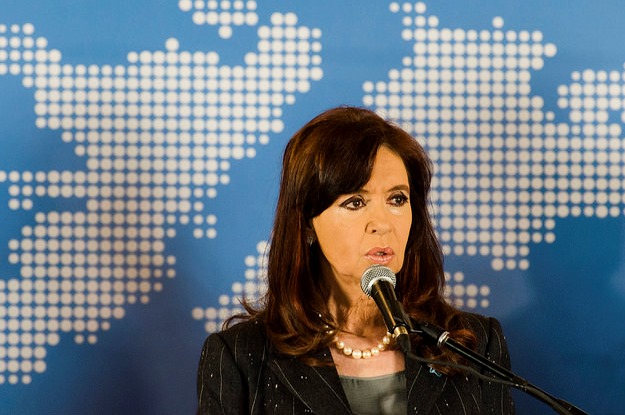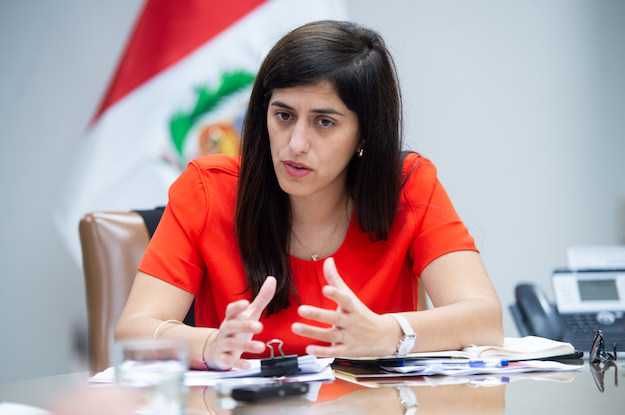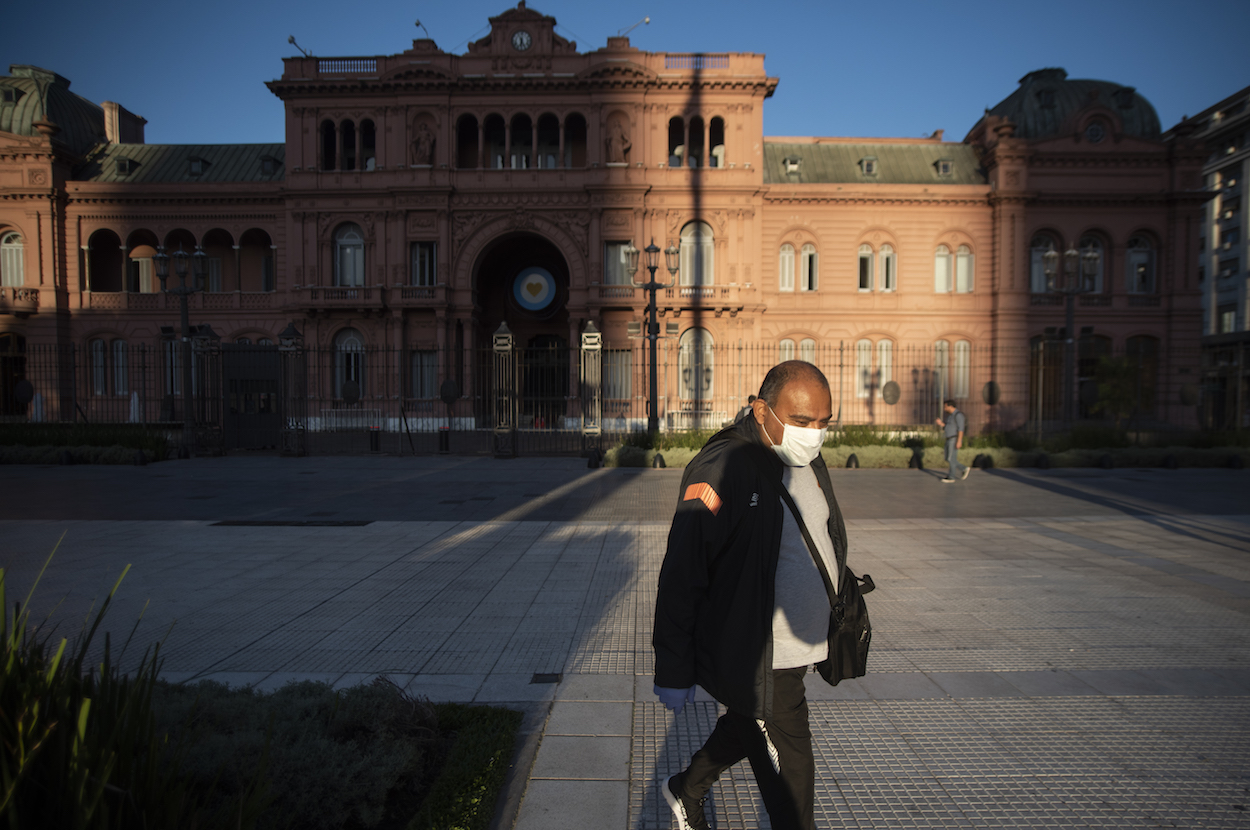Sign up here to get This Week in Latin America delivered to your inbox every Monday.
Cash Scandal in Argentina: Questioning will likely begin this week in an embezzlement investigation involving one of former President Cristina Fernández de Kirchner’s closest former aides. José López, who was public works secretary under both Fernández and her late husband, was caught last weekattempting to hide $8.9 million in cash in a convent in a Buenos Aires suburb. Fernández has denied any involvement in the case, though she may besummoned for questioning in the days ahead. The scandal comes on the heels of the former president’s indictment last month over allegations she manipulated dollar futures rates while in office. President Mauricio Macri, who has come under fire himself for reports regarding his offshore financial holdings, said in an interview that corruption in the Kirchner era was “clearly structural.”
Venezuelan Democracy: The Organization of American States (OAS) is expected to vote Thursday on whether to invoke Article 20 of the Inter-American Democratic Charter against Venezuela’s President Nicolás Maduro for breaches of democracy. A simple majority of member states in favor could lead to Venezuela’s suspension from the OAS, but some analysts expect the vote to fall short amid a lack of support from U.S. Secretary of State John Kerry and other foreign ministers. Kerry last week launched bilateral talks in an effort to ease regional tensions with the country. Among the Maduro government’s alleged violations is the detention of political prisoners including opposition leader Leopoldo López, who will today have his first appeal hearing against a 14-year jail sentence.
Panama’s Revamped Canal: A Chinese freighter will pass through Panama’s newly expanded canal on June 26, marking the inauguration of a $5.4 billionproject nearly ten years in the making. The expansion, which will more than double the canal’s capacity, comes as transport companies are using fewer but bigger ships amid a downturn in the global shipping industry. Sunday’s inaugural passage is almost two years behind schedule, following construction delays and disputes between the Panama Canal Authority (ACP) and the international consortium behind the expansion. Despite the setbacks, the expansion’s completion promises a financial windfall for Panama’s government, with annual revenue from the ACP slated to double to around $2 billion by 2021.
Rio Emergency: Brazil’s Congress is this week expected to authorize $850 million in emergency funding for the state of Rio de Janeiro to help it pay for public workers’ salaries and an expansion of the subway system in Rio de Janeiro city, just weeks before the Olympic Games begin there in August. Rio’s governor on Friday declared a financial emergency, saying the state faced “total collapse in public security, health, education, transport and environmental management.” Meanwhile, in an effort to cut the budget elsewhere, interim President Michel Temer is in ongoing talks with national unions on social security reform while also trying to convince Congress to pass a constitutional amendment to cap spending.
Economy in Brief
Guatemala’s attorney general’s office is working to recover $563 millionin state funds it says have been diverted by corruption.
A “Brexit” could cause the Mexican peso to fall to 20 per dollar, according to independent analysts.
Colombia’s current account deficit is projected to close the year at$16 billion, lower than previous estimates.








